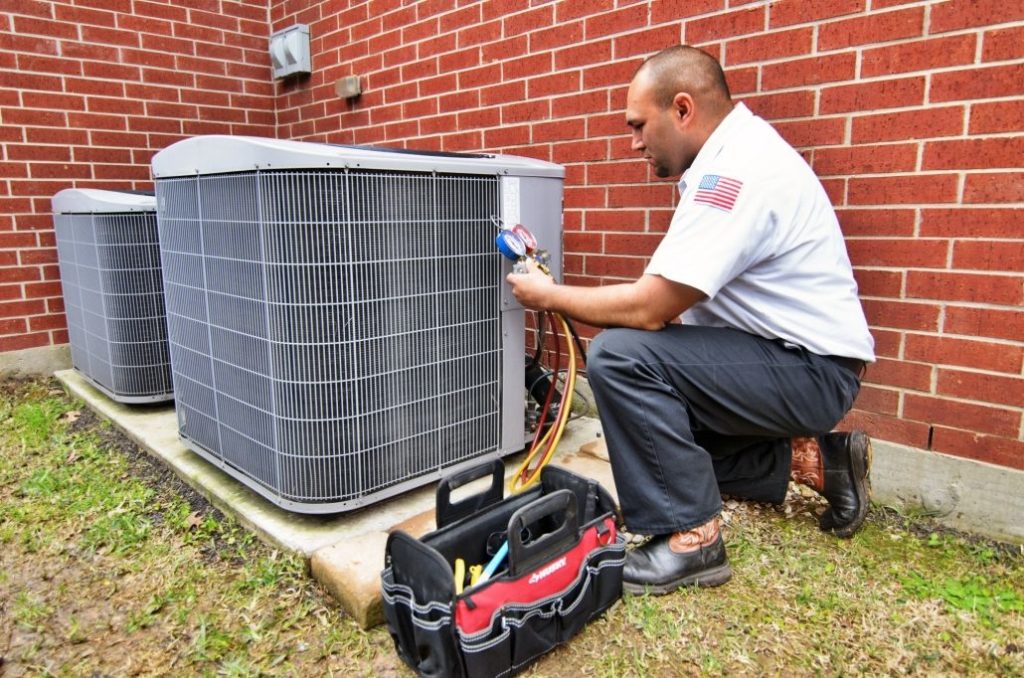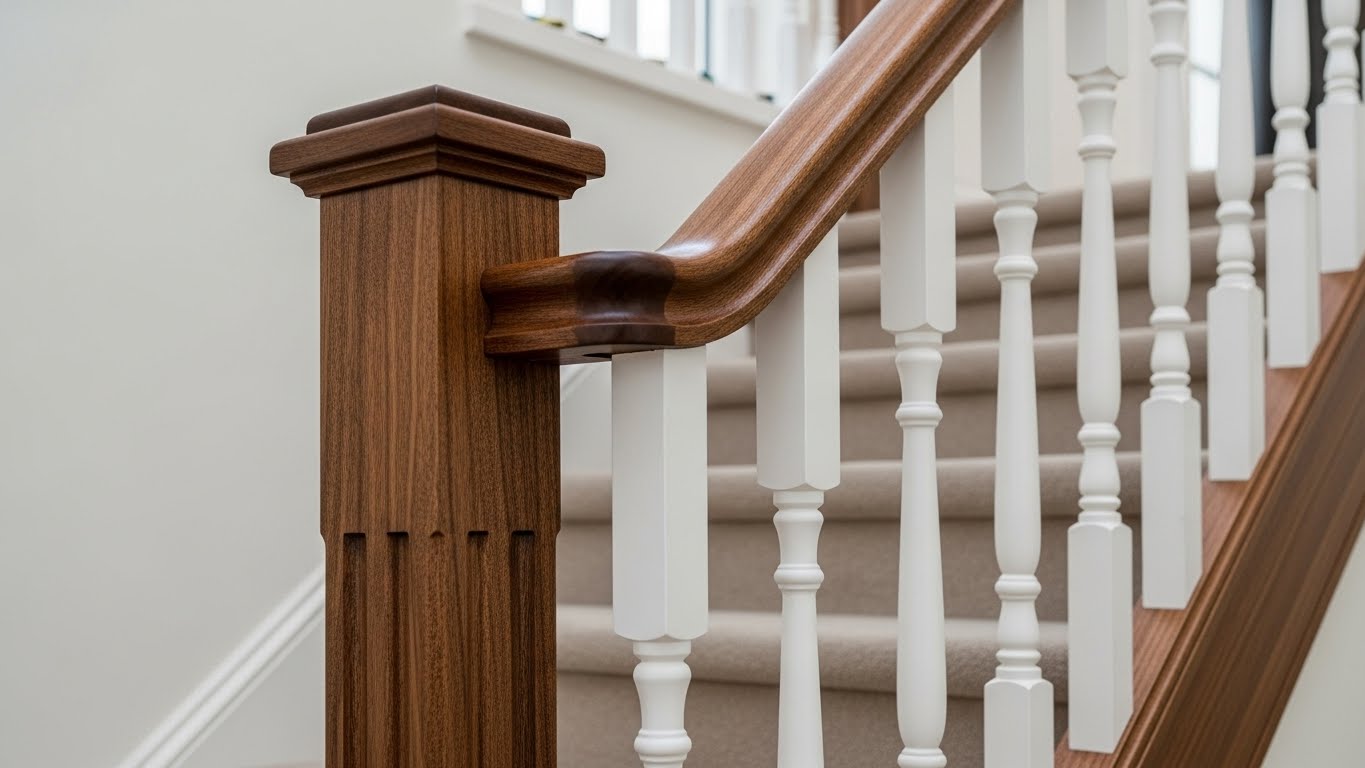Knowing what is required for AC installation helps homeowners choose the right system, determine its size, and decide when to install it. When equipment is installed by a professional, it performs optimally and helps you avoid costly mistakes. A qualified AC technician will review existing infrastructure, decide on the right capacity, and follow local permit rules. Here are a few frequently asked questions about AC installation:
How Much Time Does AC Installation Require?
The duration of the AC installation depends on the complexity of the system and the extent of modifications required to the home’s structure. Installation of central air systems takes the most time, as technicians work on both the indoor and outdoor components, as well as the connecting lines. If homes do not have existing air distribution systems, installing ductwork takes much longer.
Since electrical projects need specific circuits, disconnects, and sometimes panel updates for safety reasons, they often take more time. Obtaining a permit can slow down a project, as inspections are required at specific points during the installation. Rain, excessive heat, or strong winds can slow down work or temporarily halt it due to adverse weather conditions.
Do You Have To Get Permits To Install an AC System?
Most places require an installation permit since both electrical and mechanical work must comply with local safety rules. Permits confirm that all installations follow the rules set by zoning, setbacks, and the local community’s appearance standards. You need an electrical permit to add a new circuit, make changes to the panel, or upgrade the meter. Before giving final approval, inspectors verify that the work has been installed correctly, meets code requirements, and is safe. Professional contractors typically obtain permits, arrange inspections, and verify that all requirements are met. Some places allow homeowners to obtain permits themselves, but they must be familiar with the local rules and installation standards.
What Is the Correct Unit Size for Your Air Conditioner?
Sizing your system properly involves load calculations performed by experts. Factors such as ceiling height, room arrangement, and architectural details should be taken into account. Well-insulated homes need less cooling, while those without insulation require more power. There is more heat gain when windows are located on the south side or are very large, as they allow more heat transfer.
The local climate also determines the size of the air conditioner you need. Evaluate whether you live in a humid or dry climate. More people in a home means more heat needs to be removed by the heating system. Electronics and appliances, like washing and drying machines, will also contribute to heat generation. Large HVAC systems run more than necessary, leading to temperature fluctuations, humidity issues, and increased wear on mechanical parts. When a system is too small, it fails to achieve the proper temperature, consumes more energy, and can wear out equipment prematurely.
Should You Get a New Furnace With Your AC Unit?
For optimal results, the air conditioner must be compatible with the heating equipment. Age is key, as older furnaces may not have the proper electrical wiring, controls, or sufficient airflow. Efficiency matching enables the heater and the air conditioner to operate in tandem, rather than competing with each other. Checking the ductwork helps determine if the current setup can handle the additional airflow required for a new air conditioning and heating unit.
Schedule Professional AC Installation Services
AC installation should be planned well and carried out by experts who understand the setup process. Experienced contractors can properly select and install a unit and verify that your system meets all safety standards. Following regulations and installing equipment correctly helps the device last longer and work properly, so you get the most use out of it. Contact experienced HVAC experts today to discuss your home’s requirements and get installation help.






Leave a Reply